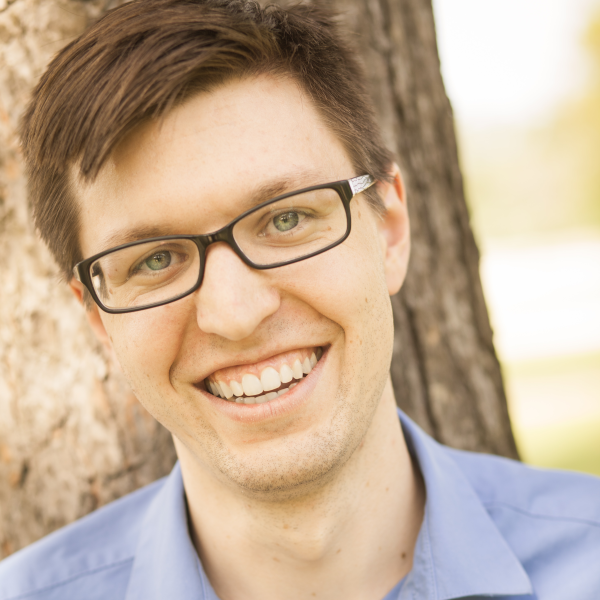
Grossman Ensemble premieres Sophie McMillan-Myers' "Workaround"
Performance notes:
Sophie McMillan-Myers' piece Workaround premiered with the Grossman Ensemble on December 6, 2019.
Performers’ labor is often expected to be invisible — the ideal of an “effortless” performance is instilled in performers early on. In my recent music, I’ve been exploring what happens when performers are relieved of this obligation in various ways, and Workaround continues that exploration. The piece begins with an intense, taxing passage that serves as a ritornello or rondo theme from which the piece (and the musicians) can’t escape. The piece repeatedly drags itself back to variations of this opening material, no matter what kind of music has been explored in the interim. Fragility, resilience, pleading, compliance, introspection, panic — all of these musical ways of being are unable to insulate themselves from the ritornello that asserts itself as inevitable and singular. At best, they result in the ritornello softening or changing itself, and at worst their potential development is cut off and erased by it. Ultimately, the solution to the problem posed by the ritornello can’t come from within the piece itself. The workaround lies in the performers recognizing and exercising their individual and collective power to refuse to participate in the cycle. By withholding their labor from the system that the piece has operated under for the first eleven minutes or so, the performers open up a freer space, where solidarity, joy, and play are possible. The title, Workaround, refers, of course, to this end-run around the problems the piece is facing. But it also refers to the cycle itself — the performers are working around the same material over and over again until they discover their solution. And at the risk of being too cute, it’s also a piece about labor (or work) that is in a modified rondo form, always coming back around to the same theme. I owe a major debt of gratitude to several people for this piece. My brilliant teacher and dissertation advisor Augusta Read Thomas, every fantastic member of the Grossman Ensemble, and the wonderful Michael Lewanski were all generous, thoughtful, supportive, and deeply helpful to me as I worked out the ideas of the piece. I thought a bunch about the ideas and form of Haydn’s Farewell Symphony and the recent Netflix show Russian Doll (created by Natasha Lyonne, Leslye Headland, and Amy Poehler) while writing this piece, as well. And most importantly, I am constantly inspired by and grateful for the labor, solidarity, and bravery of workers who stand up for a better world — most recently and locally, the Chicago Teachers Union, the Chicago Symphony Orchestra’s union, the Lyric Opera Orchestra union, and the graduate student, adjunct professor, and nurses unions here at the University of Chicago.
